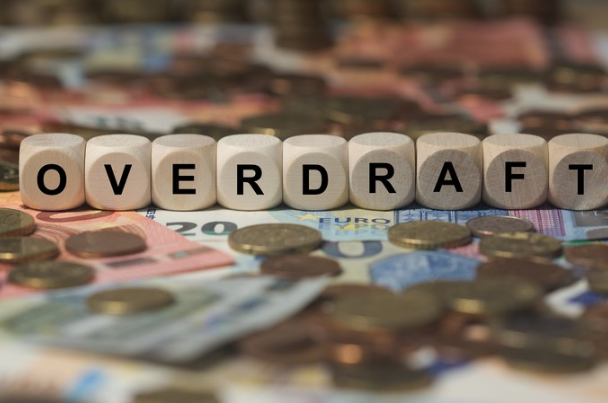
Some 12 million current account holders at the UK’s biggest high street banks could be paying more than £640m too much on their overdrafts, according to new research.
A report from price comparison site uSwitch.com found that the big banks were charging over 50 times more than the cheapest in fees and interest on typical overdrafts.
The research also found that 21% of customers did not know what an overdraft costs them, while 59% didn’t realise they could switch current account provider while being overdrawn.
On average, uSwitch found that consumers were paying £56.52 every year to their high street bank in overdraft fees and interest rates.
By comparison, customers of the cheapest provider First Direct – which charges no interest on overdrafts up to £250 and no fees – were paying just £1.56 a year on the average overdraft.

Source: uSwitch.com correct as of 15th October 2018
Tashema Jackson, money expert at uSwitch.com, said the associated charges of overdrafts seemed to be accepted as a necessary cost when they did not need to be.
“Banks that offer incentives on positive balances often make the headlines, but for the 12 million of us who rely on our overdraft to make ends meet every month, getting the cheapest deal on borrowing is what will really save you the most money.
“If you know you are going to be a few hundred pounds overdrawn each month, it really pays to do your research.
“Some banks offer interest free overdrafts, while others charge no fees for using one.
“Even when you have to pay, some will cost you significantly less than others.”
Tashema felt that banks could and should be doing more to help their customers ensure they were getting the best deal possible.
“Far too many aren’t aware what their overdrafts are actually costing them or that they can [switch] to a cheaper provider while overdrawn.
“Knowing what the penalties are should you miss a repayment and understanding the impact on your credit rating are essential before taking out any form of borrowing.”
-
Temenos partners with ClearBank for cloud payments
Banking software company Temenos has formed a strategic relationship with ClearBank to provide banks with a faster route to market for real-time cloud payments...
-
Unity Trust Bank registers 34% rise in profits
Unity Trust Bank increased profits by 34% in 2019...
-
Believe the hype – why explainable AI is a trend that’s here to stay
Technology has become a ubiquitous part of our day-to-day lives...
-
Piloting tech updates: ‘The bigger the bank, the harder it is to get anything done’
In the latest Medianett filmed roundtable session, we discussed how important technology is in the banking space, and what impact the industry expects it to have on its businesses in the future...
-
What banks need to know about cloud security
One of the most common perceived concerns when adopting the cloud is the issue of security...
-
OakNorth sees 95% increase in pre-tax profits
OakNorth Bank has announced a 95% rise in pre-tax profits in 2019 to £65.9m, up from the £33.9m recorded in 2018...
-
Redwood Bank signs up to Women in Finance Charter
Redwood Bank has announced that it has signed up to the Women in Finance (WIF) Charter...
-
Masthaven launches digital Women in Leadership programme
Masthaven Bank has launched a new Women in Leadership digital development programme for female senior leaders...
-
Protecting against supply chain disruption and the domino effect
Disappointingly, many UK SME business owners don’t understand their supply chains...
-
Confused about which Isa to choose? Hopefully this mini-guide will help…
We are now firmly in Isa season, so you’re likely to read multiple articles about the most competitive Isa products in the market and how best to make the most of your Isa allowance before the end of the tax year...
-
Garden shed entrepreneurs contribute £16.6bn to the UK economy
Entrepreneurs who run their businesses from garden sheds contribute £16.6bn annually to the UK economy, according to a recent study...



